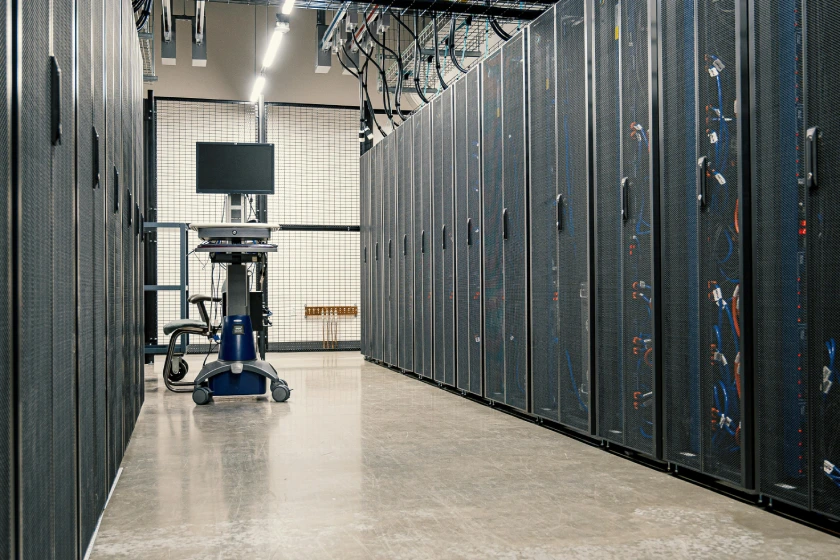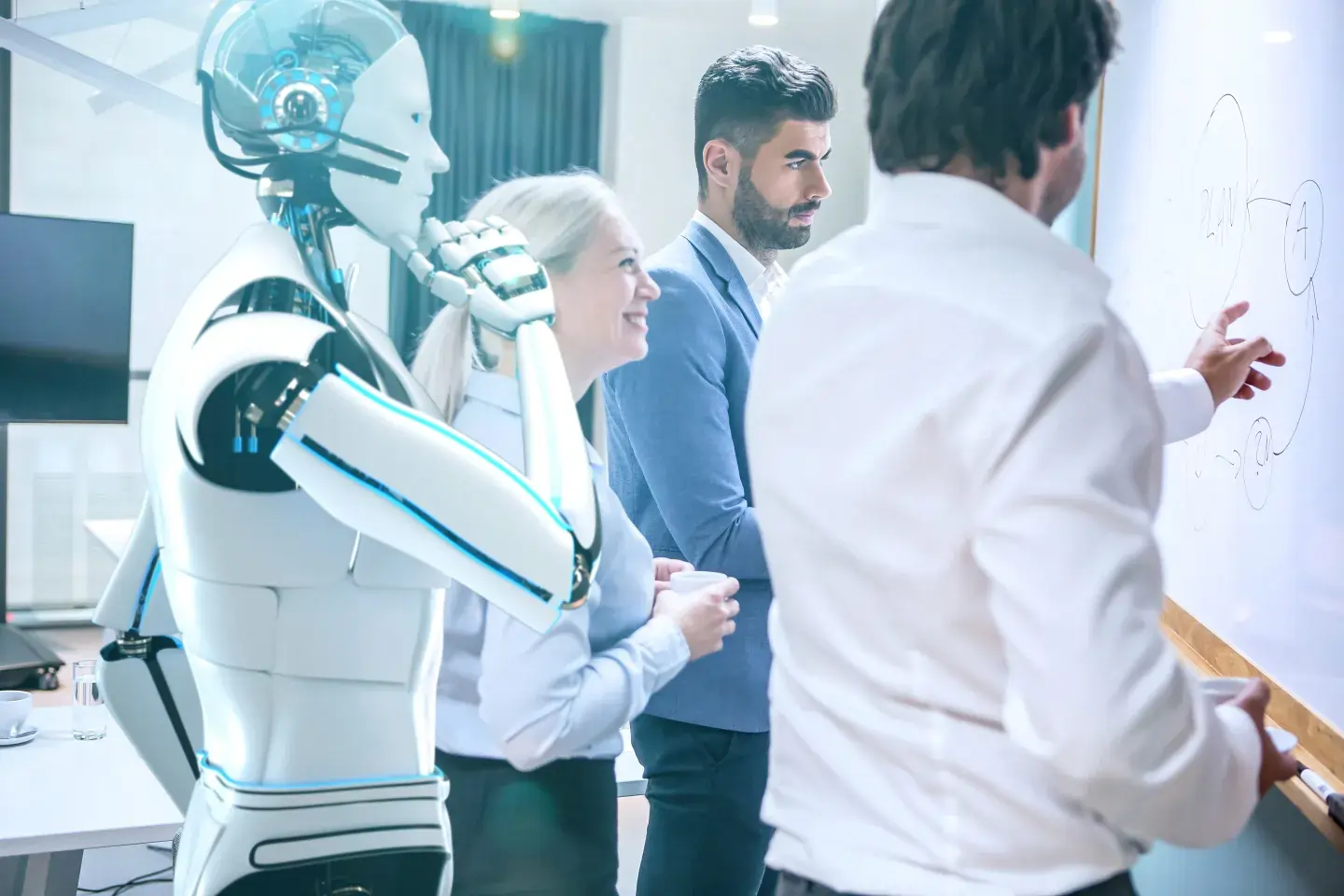How Agentic AI Is Transforming the Technology Industry in 2025

In 2025, Agentic AI is reshaping the technology industry, unlocking new levels of automation, intelligence, and efficiency. This rapidly evolving form of artificial intelligence enables machines to act independently, make decisions, and pursue goals without continuous human input. From software development and cybersecurity to customer support and enterprise automation, agent-based AI systems are becoming critical tools for modern tech businesses.
In this blog post, we’ll explore what Agentic AI is, how it works, and the top use cases that are driving innovation across the tech sector.
What Is Agentic AI?
Agentic AI refers to artificial intelligence systems designed to function as autonomous agents—entities that can perceive their environment, reason about it, and take actions to achieve defined objectives. Unlike traditional AI models, which typically perform single, narrowly scoped tasks, Agentic AI systems are goal-driven, adaptive, and capable of learning from interaction and feedback.
Key Features of Agentic AI:
- Autonomy: Operates with minimal human supervision
- Proactivity: Initiates actions to meet goals
- Context Awareness: Understands and reacts to changing environments
- Learning and Adaptation: Improves over time through feedback
- Multi-step Reasoning: Can plan and execute complex sequences
This level of intelligence and flexibility makes Agentic AI a game-changer for the tech industry.
Top Applications of Agentic AI in the Tech Industry
1. AI-Powered Software Development
The rise of autonomous coding agents is transforming how software is built and maintained.
- AI Code Assistants: Tools like GitHub Copilot and Replit Ghostwriter are evolving into agentic systems that generate, review, and debug code based on developer intent.
- Automated Testing: AI agents write test cases, detect bugs, and suggest optimized code in real time.
- CI/CD Pipeline Management: Intelligent agents enhance DevOps by managing deployments, rollbacks, and system health checks autonomously.
2. Autonomous Cybersecurity Solutions
With cyber threats becoming more sophisticated, Agentic AI is helping companies stay ahead.
- Threat Detection and Response: AI security agents analyze traffic, detect anomalies, and respond to attacks automatically—sometimes within seconds.
- Penetration Testing Bots: Simulate attack scenarios to identify vulnerabilities before hackers do.
- Adaptive Firewalls and Endpoint Protection: Learn from past attacks and adjust defense protocols accordingly.
3. Next-Generation Enterprise Automation (RPA 2.0)
Agentic AI is powering the evolution from basic robotic process automation (RPA) to intelligent business automation.
- Smart Workflow Automation: Agents manage end-to-end tasks like invoice reconciliation, payroll processing, or document generation.
- Decision-Making Capabilities: AI bots now make context-aware decisions instead of following fixed scripts.
- Cross-Platform Task Management: Operate seamlessly across CRM, ERP, email, and cloud systems.
4. Hyper-Personalized User Experiences
In both B2B and B2C environments, agentic AI drives more engaging, intuitive digital products.
- Dynamic Product Customization: AI agents adjust software behavior in real time based on user data and preferences.
- Smart Recommendations: Goes beyond historical behavior to predict and influence future actions.
- Autonomous A/B Testing: Agents automatically run tests, analyze results, and implement UI/UX improvements.
5. AI-Enhanced Customer Support
AI agents are revolutionizing customer service by delivering faster, smarter, and more human-like interactions.
- Conversational AI Agents: Chatbots with agentic capabilities complete multi-step tasks like processing returns or updating subscriptions.
- Proactive Support: Detect potential issues and reach out to customers before problems escalate.
- Context Retention: Maintain conversation history across channels for more personalized help.
Benefits of Agentic AI for Tech Companies
- Increased Productivity: Automates routine tasks, freeing human workers to focus on strategic initiatives.
- Scalable Intelligence: Deploys rapidly across departments without manual configuration.
- Cost Savings: Reduces the need for large operations or support teams.
- Faster Innovation Cycles: Continuously tests and refines features or products with minimal oversight.
Challenges and Considerations
While promising, agentic AI comes with its own set of concerns:
1. Safety and Oversight
Autonomous agents require constraints and auditing to prevent harmful or unintended outcomes.
2. Data Privacy and Security
Agentic systems often access sensitive information, making secure data handling and compliance essential.
3. Bias and Fairness
These systems must be designed and trained carefully to avoid reinforcing societal or algorithmic biases.
Future Outlook: Agentic AI in 2025 and Beyond
Looking ahead, Agentic AI will be a foundational layer in digital transformation strategies across every tech vertical. We expect to see:
- Agent-Oriented Architectures: New programming paradigms for designing multi-agent systems.
- AI-as-Employee Models: Agents working like digital workers with job descriptions, goals, and KPIs.
- Self-Improving Software: Systems that autonomously iterate and improve without explicit human guidance.
Conclusion
The adoption of Agentic AI in the technology industry is no longer experimental—it’s strategic. From enhancing developer tools to defending against cyberattacks and automating business operations, agentic systems are driving digital transformation at scale. As these technologies mature, companies that invest early in agentic AI capabilities will be better positioned to lead in innovation, productivity, and customer engagement.
If you're looking to integrate Agentic AI into your tech stack, now is the time to explore the possibilities.



